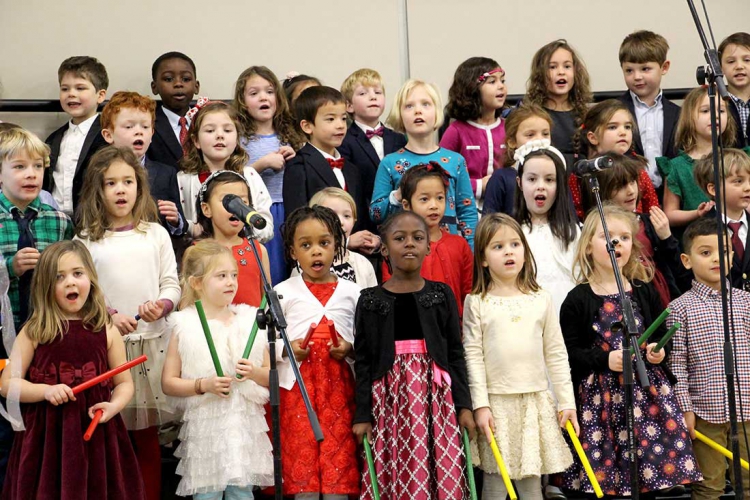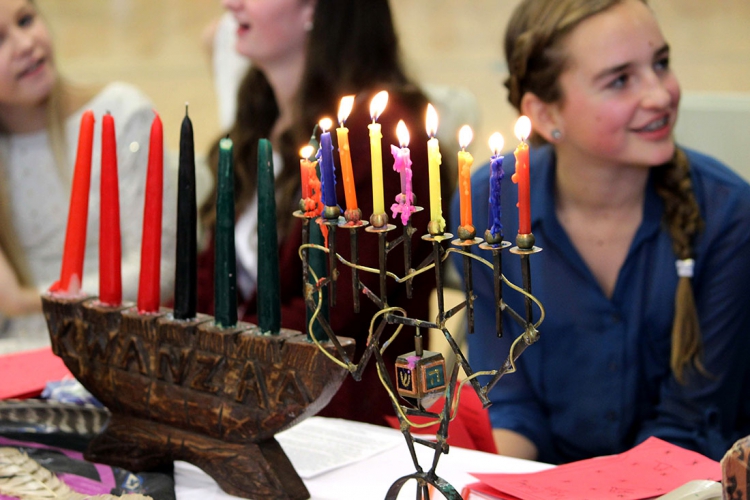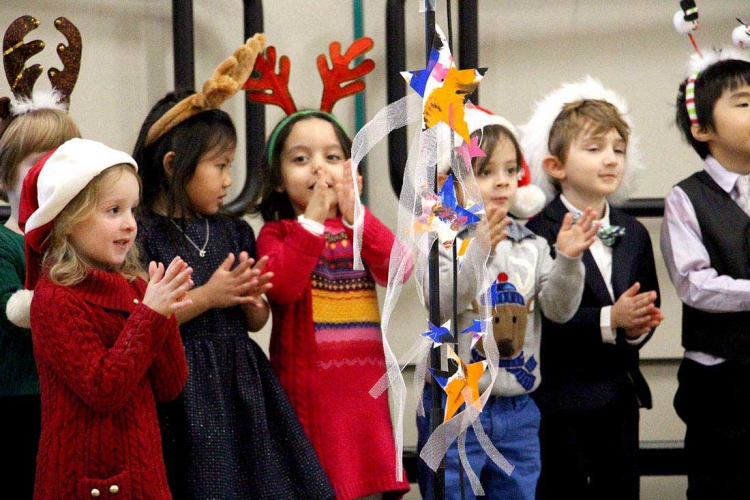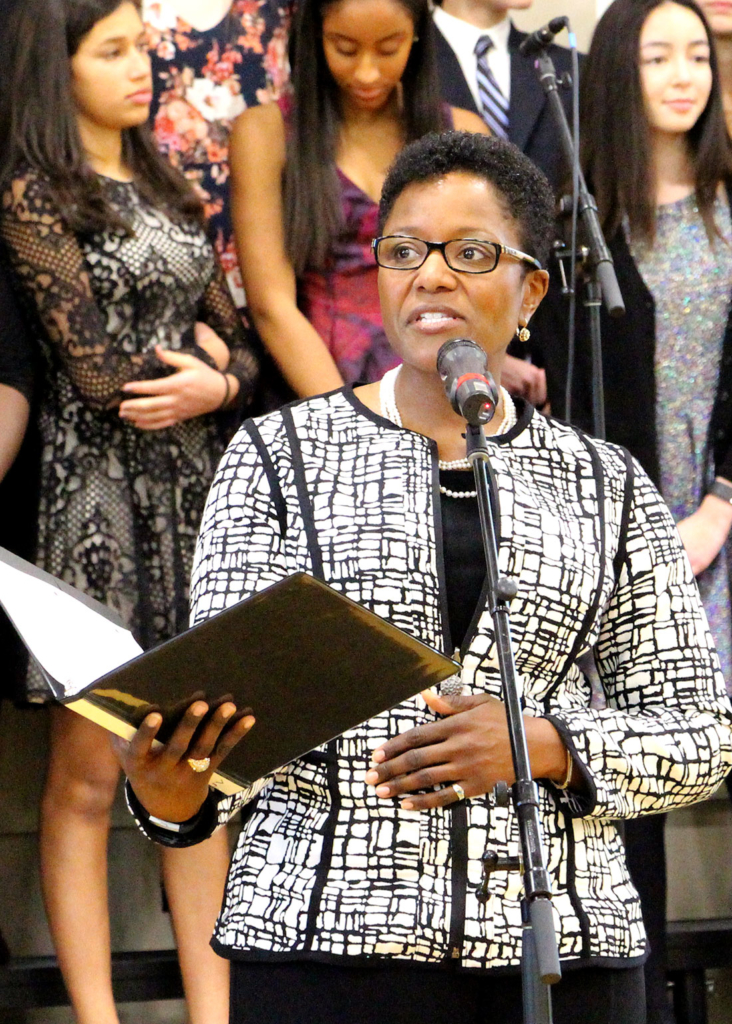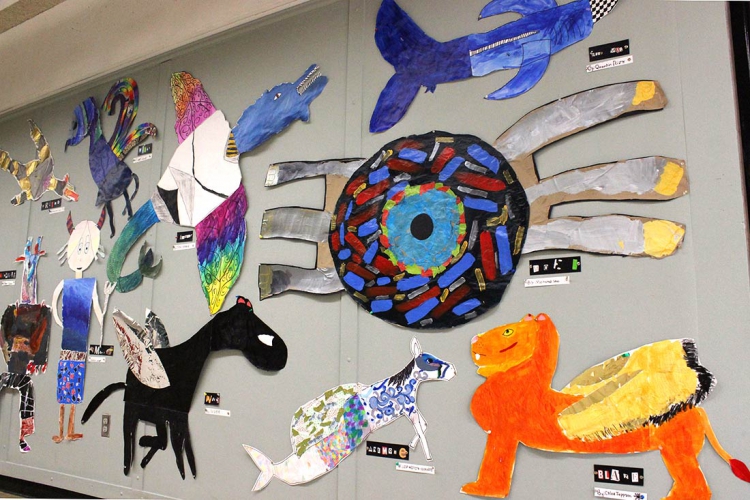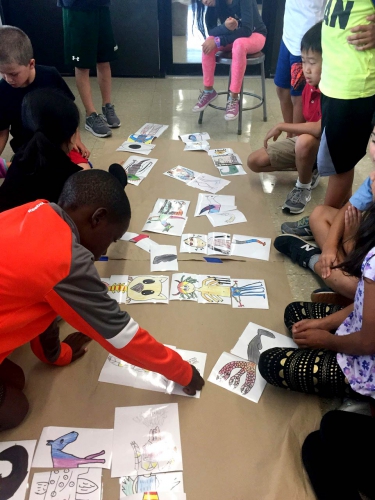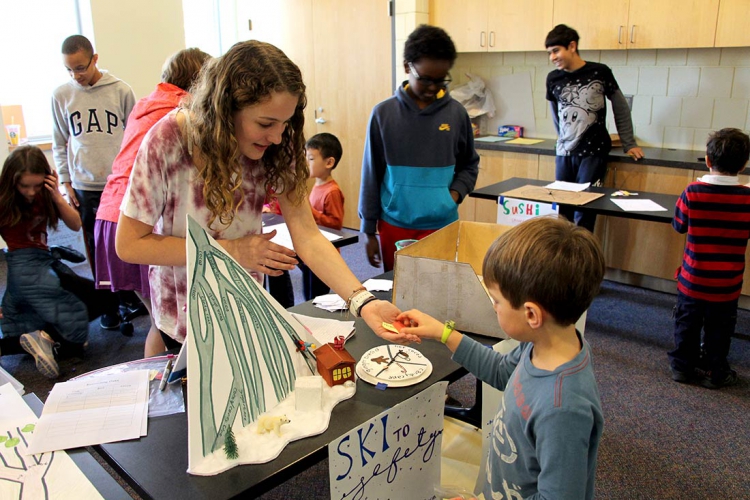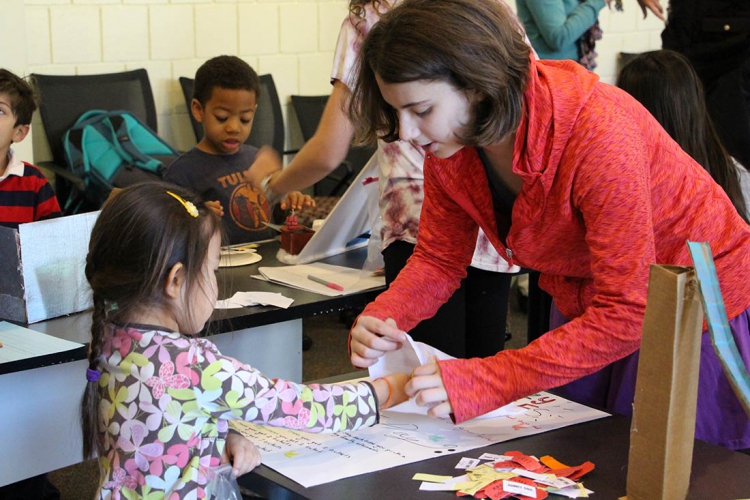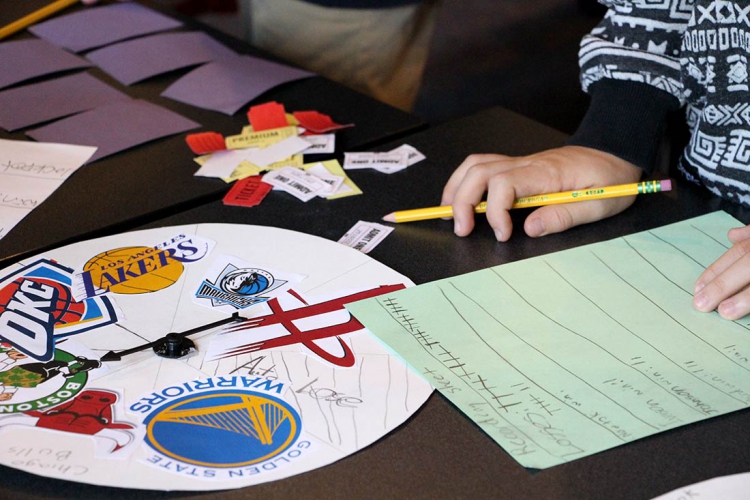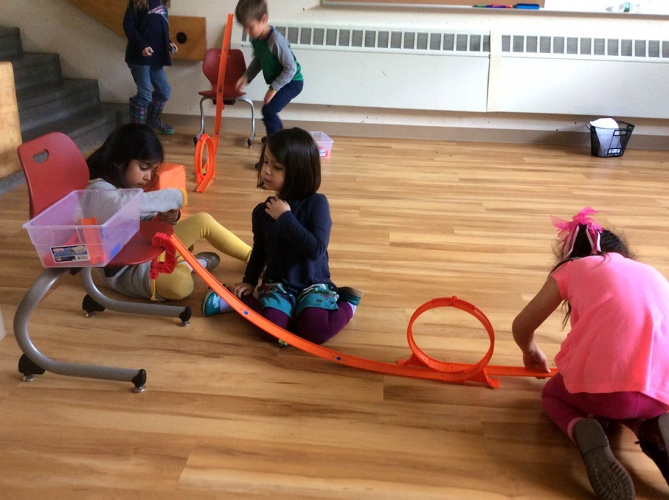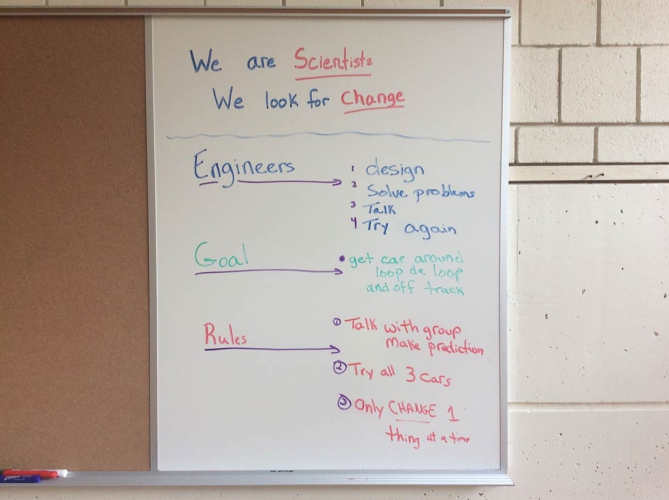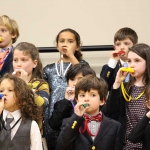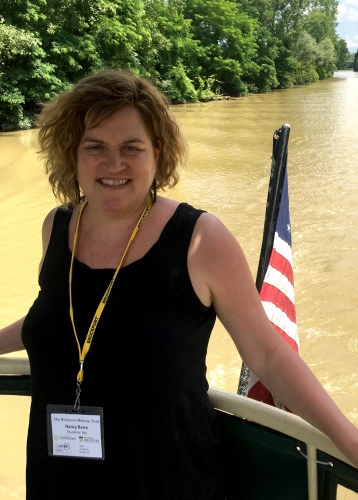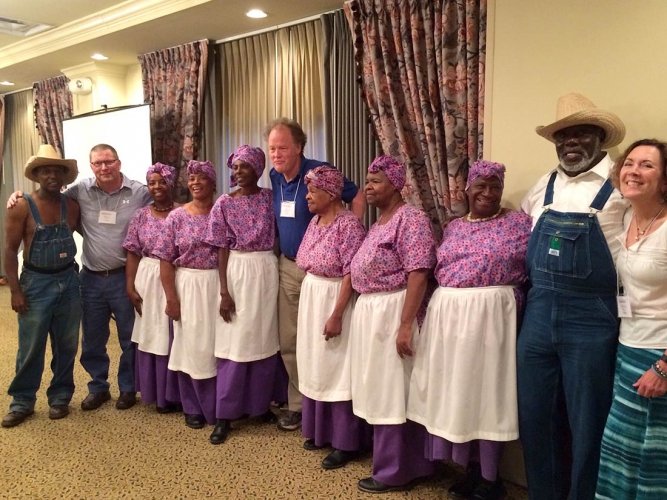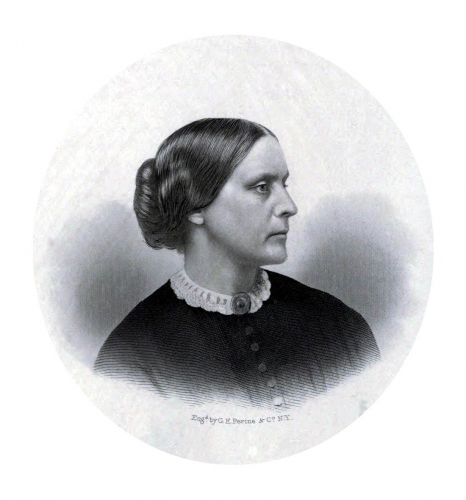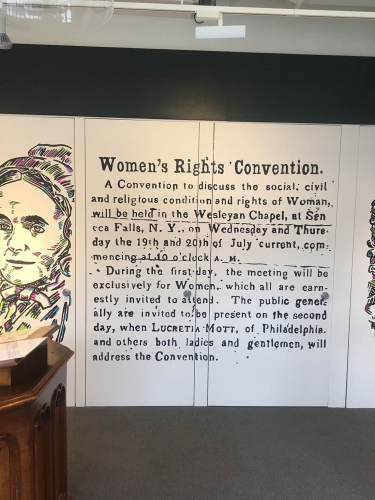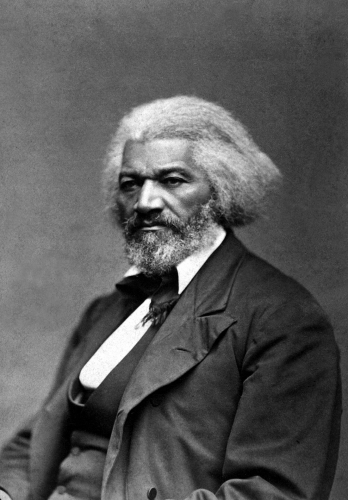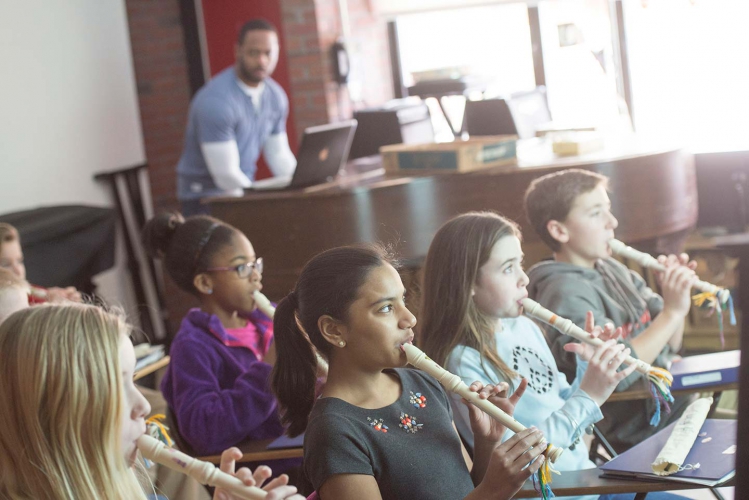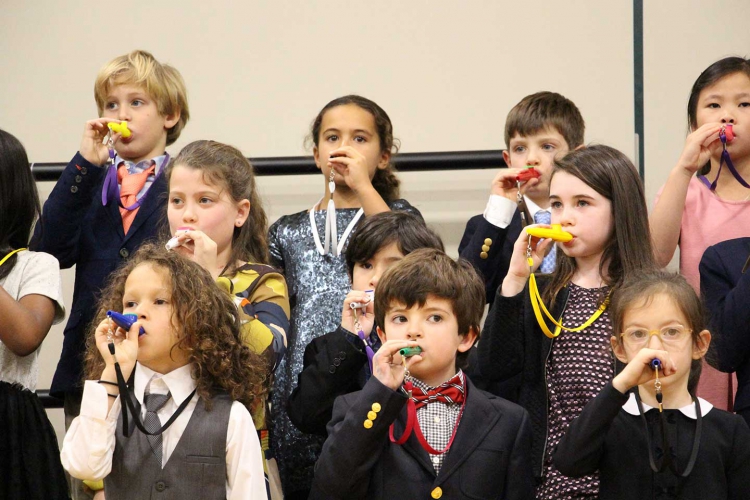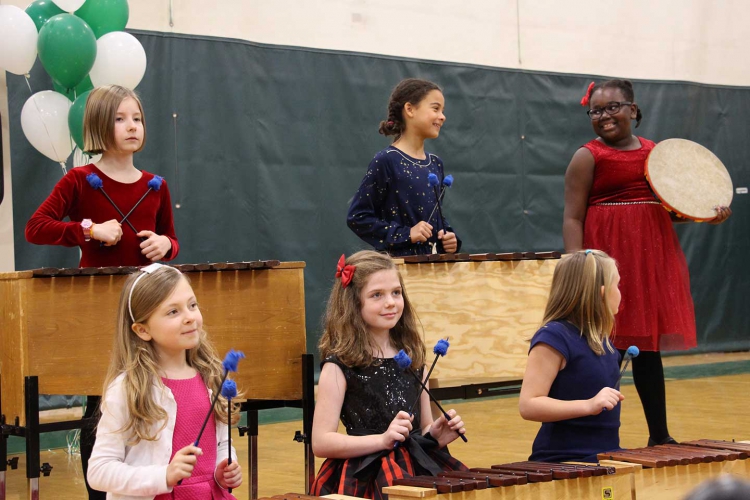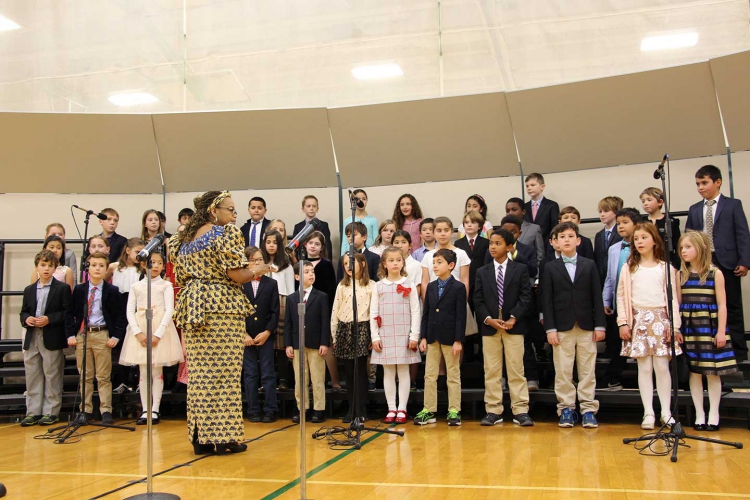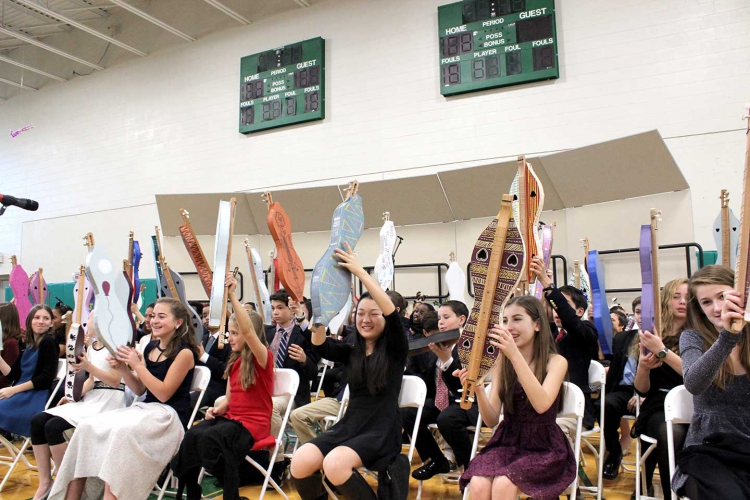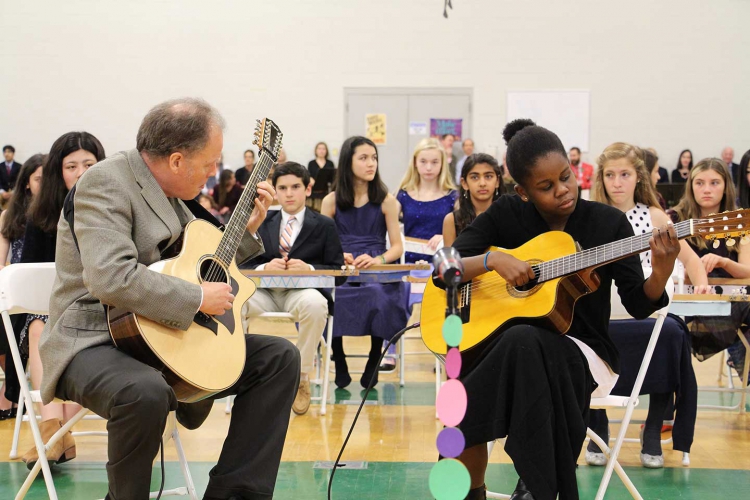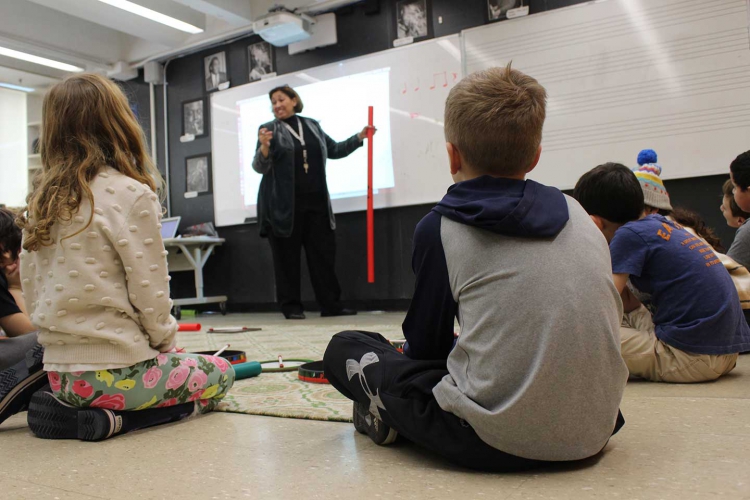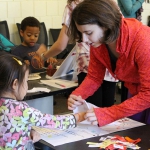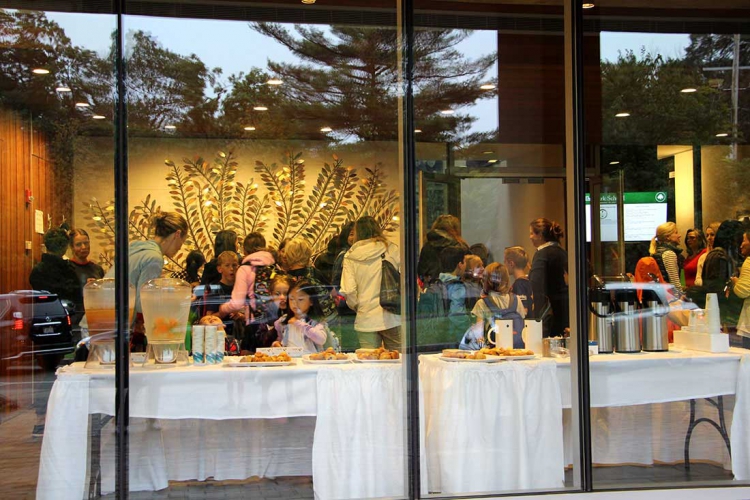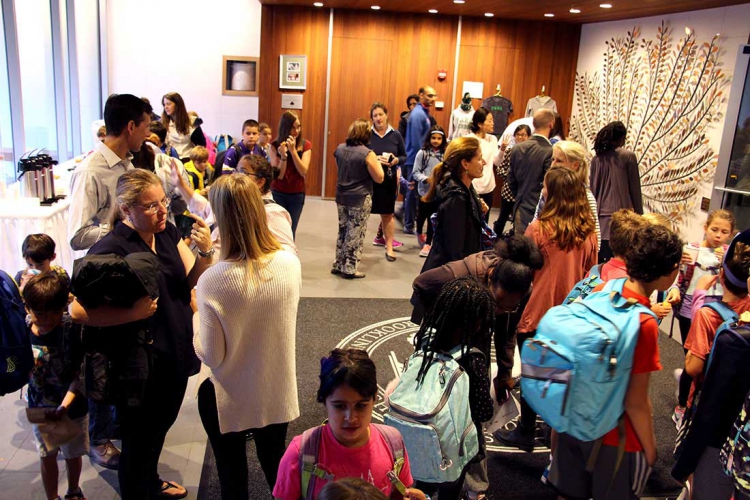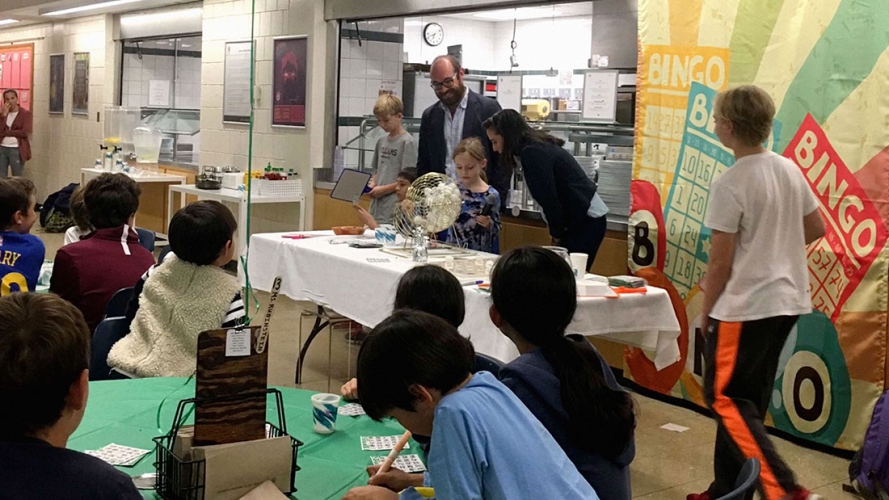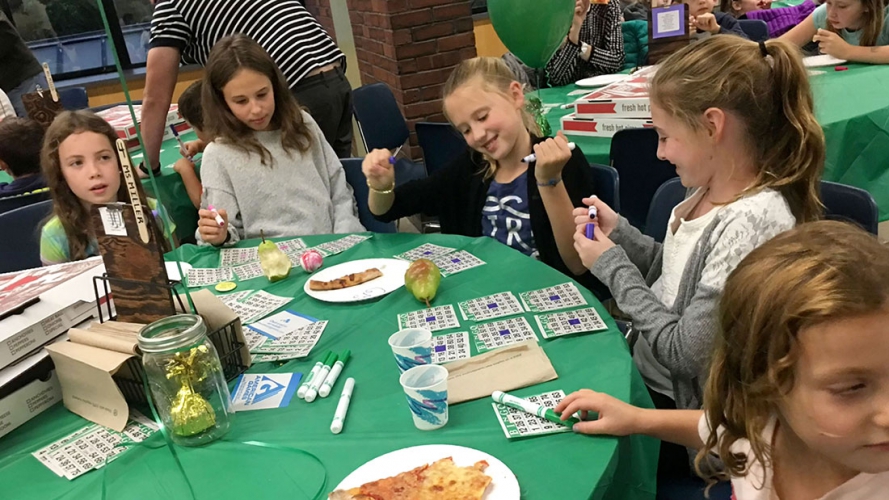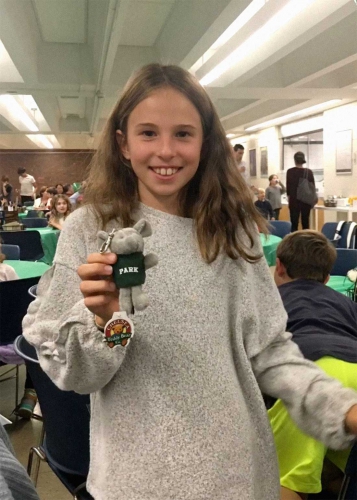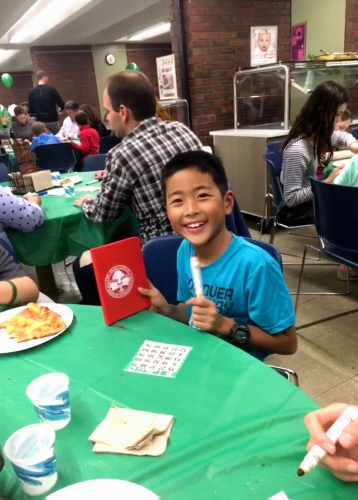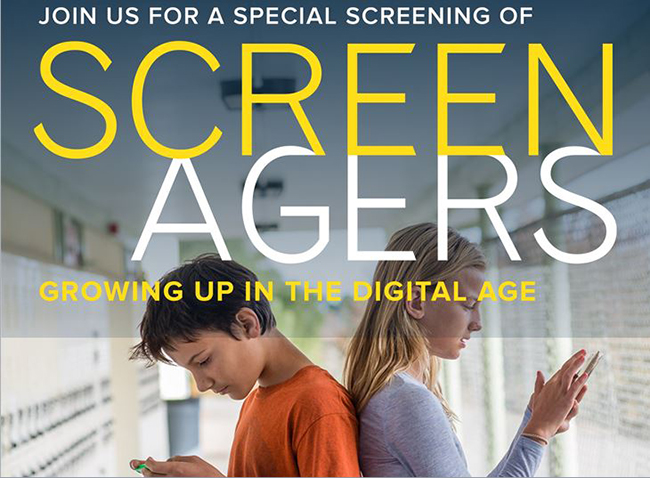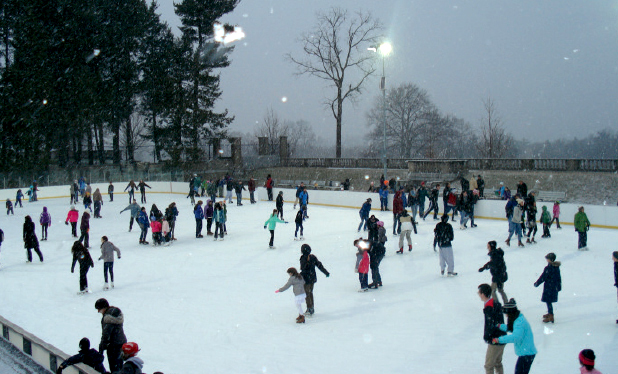The Library Reacts to the 2018 ALA Youth Media Awards
Each year, librarians and children’s literature fans nationwide excitedly anticipate the announcements of the American Library Association (ALA) Youth Media Awards. This year, many of our favorite books received unprecedented acclaim, and yet we also discovered new treasures.
We are pleased to share our highlights.
~ Tory Lane, Christian Porter, Elyse Seltzer
Hello, Universe, by Erin Entrada Kelly
Winner, John Newbery Medal
Quietly and magically this book wraps ropes around your heart and refuses to let go. Four children with tenuous connections and deep needs of friendship come together. There will be danger. There will be bullying. There will be psychic consultation, but under NO circumstances will there be coincidences. Also, a guinea pig gets its fill of dandelions under very trying conditions. TL
Crown: An Ode to the Fresh Cut, by Derrick Barnes
illustrated by Gordon C. James
Honor, Caldecott Medal
Honor, Newbery Medal
Honor, Coretta Scott King Award (author and illustrator)
This small press publication made a big impact, winning FOUR! awards for writing and illustration. In this vibrant picture book, a boy’s fresh cut becomes the opportunity to lyrically celebrate the “assured humanity of black boys/sons/brothers/nephews/grandsons.” A book that certainly belongs in every library and barber shop! CP
Piecing Me Together, by Renée Watson
Winner, Coretta Scott King Award (author)
Honor, Newbery Medal
This exquisitely written novel smartly and honestly explores race, privilege, and relationships. Jade is gifted student and artist who is striving for success in a world that does not often favor a black girl who is poor and large. The journey of Jade’s self-actualization is one that you won’t want to end (I didn’t!). CP
Long Way Down, by Jason Reynolds
Honor, Newbery Medal
Honor, Printz Award
Honor, Coretta Scott King Award (author)
Honor, Odyssey Award (audiobook)
The latest in a long string of hits by Jason Reynolds. This poignant verse novel accompanies Will on a trip down an elevator as he struggles to cope with the death of his older brother, while following the rules of the neighborhood: 1. No Crying 2. No Snitching 3. Revenge. Long Way Down was also a finalist for the National Book Award, making this novel the most celebrated work of the year. ES
The Hate U Give, by Angie Thomas
Winner, William C. Morris Award
Winner, Odyssey Award (audiobook)
Honor, Coretta Scott King Award (author)
Honor, Printz Award
Star is a 16 year-old black girl caught between the world of her prestigious suburban school and her poverty-stricken home, communities that present both uncomfortable challenges and necessary supports. These worlds are equally rocked when Star witnesses the shooting of her friend, an unarmed black boy. The novel’s title references Tupac’s acronym, THUG LIFE, imploring us to see our young black boys as boys, not thugs. ES
The 57 Bus, by Dashka Slater
Winner, Stonewall Book Award
Finalist, YALSA Excellence in Nonfiction
Using poetry, excerpts from social media, and extensive research, The 57 Bus diligently strives to tell a true and painful story from multiple perspectives. It looks at the complex circumstances and consequences of race, class, gender, and the criminal justice system. What overwhelmingly comes across is how love, forgiveness, and empathy are our best hope for a bright future. TL

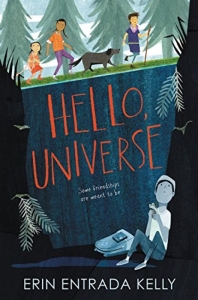
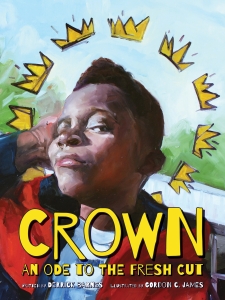
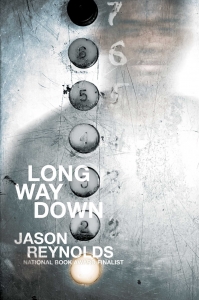
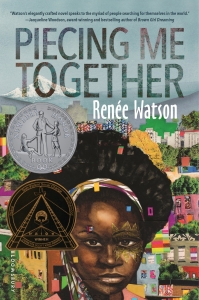
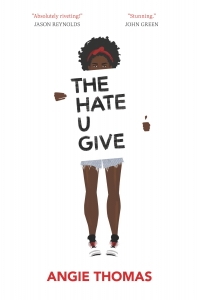
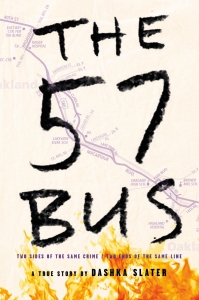
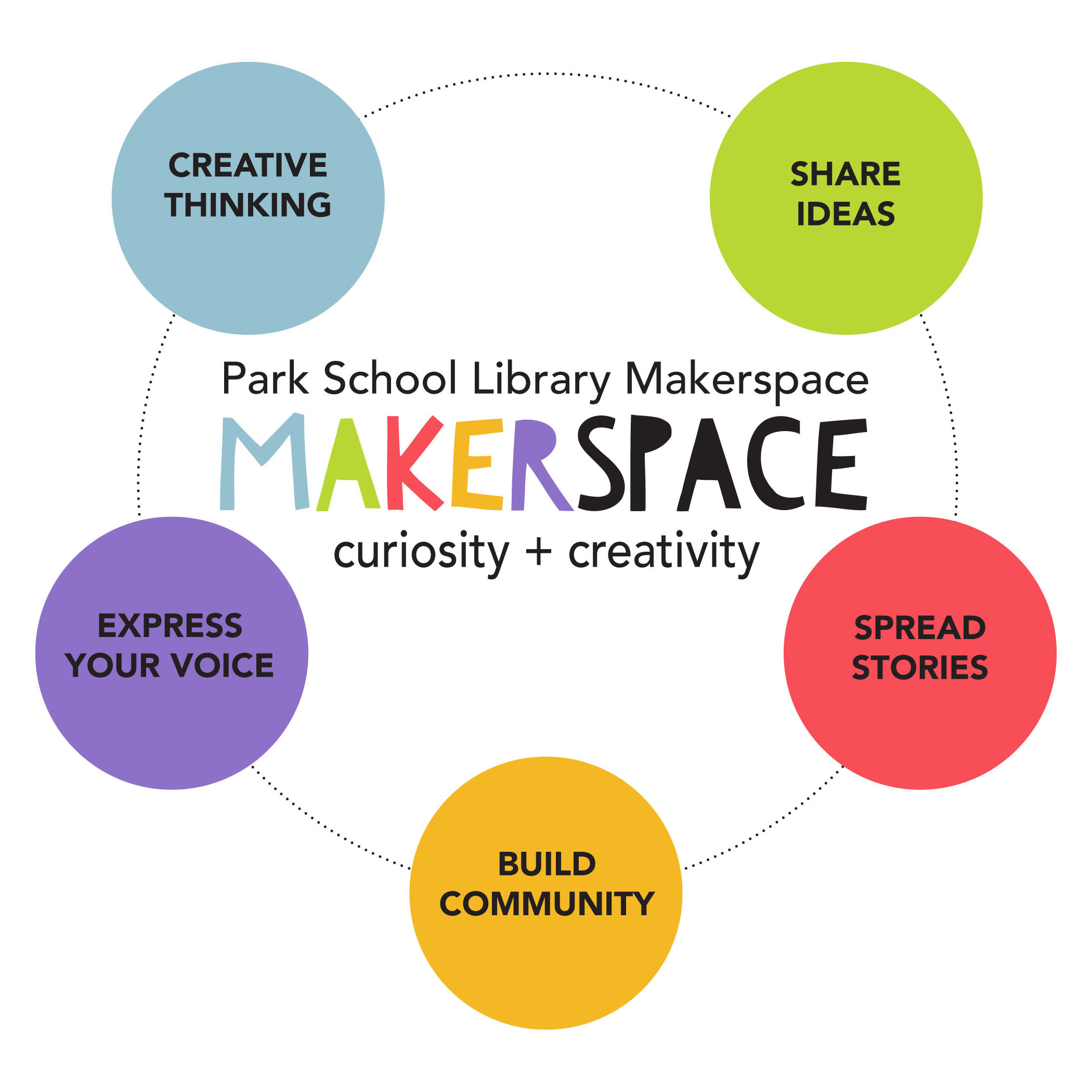
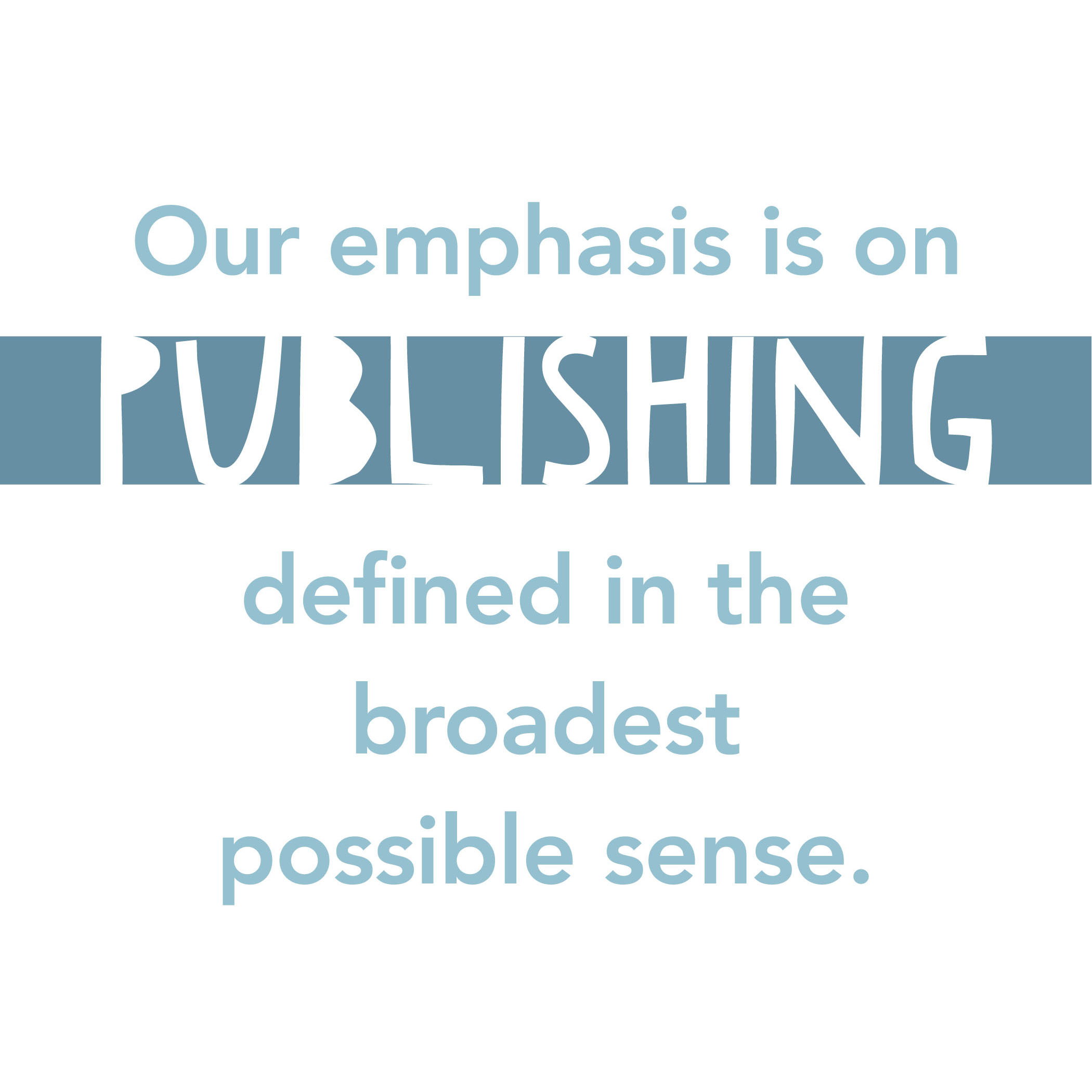
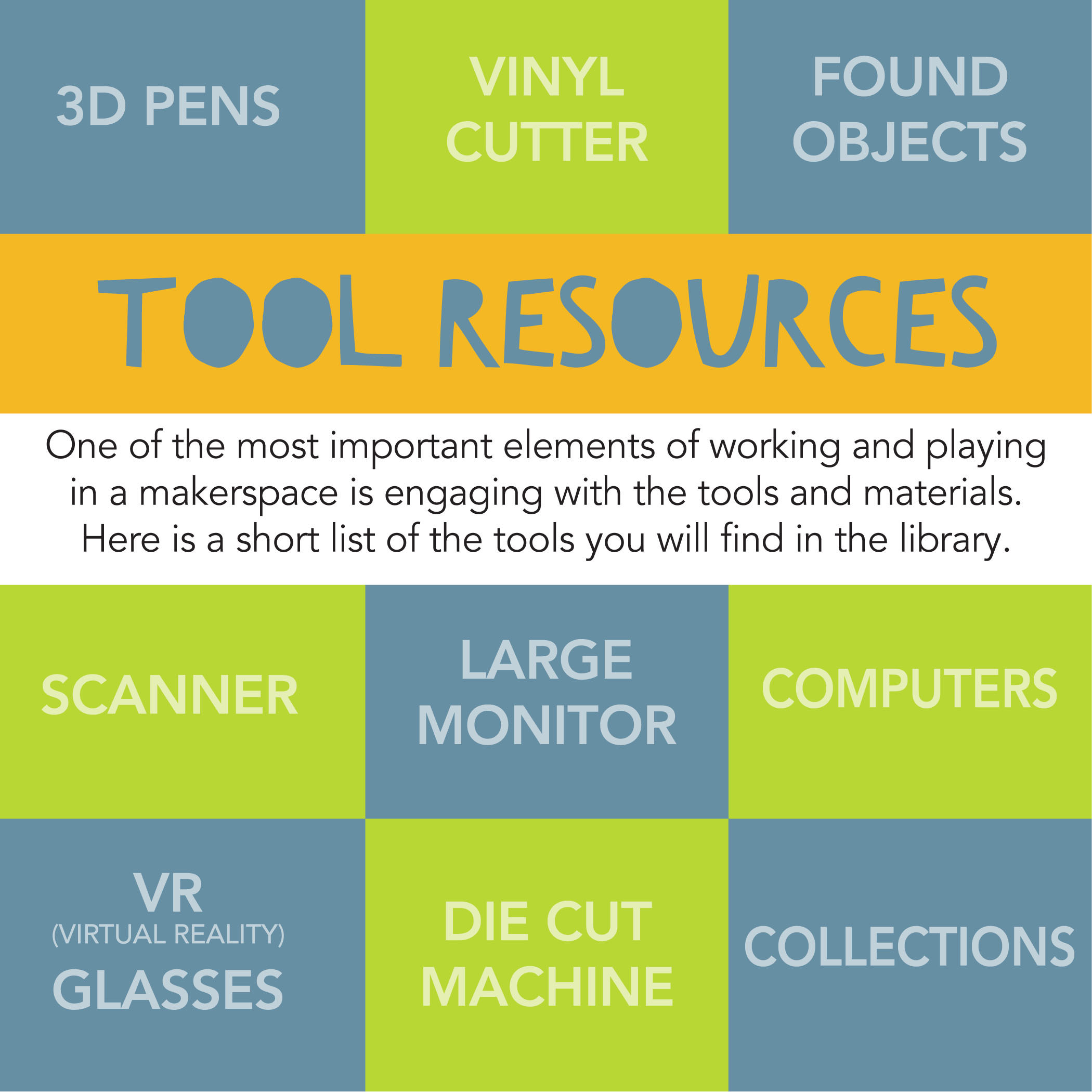
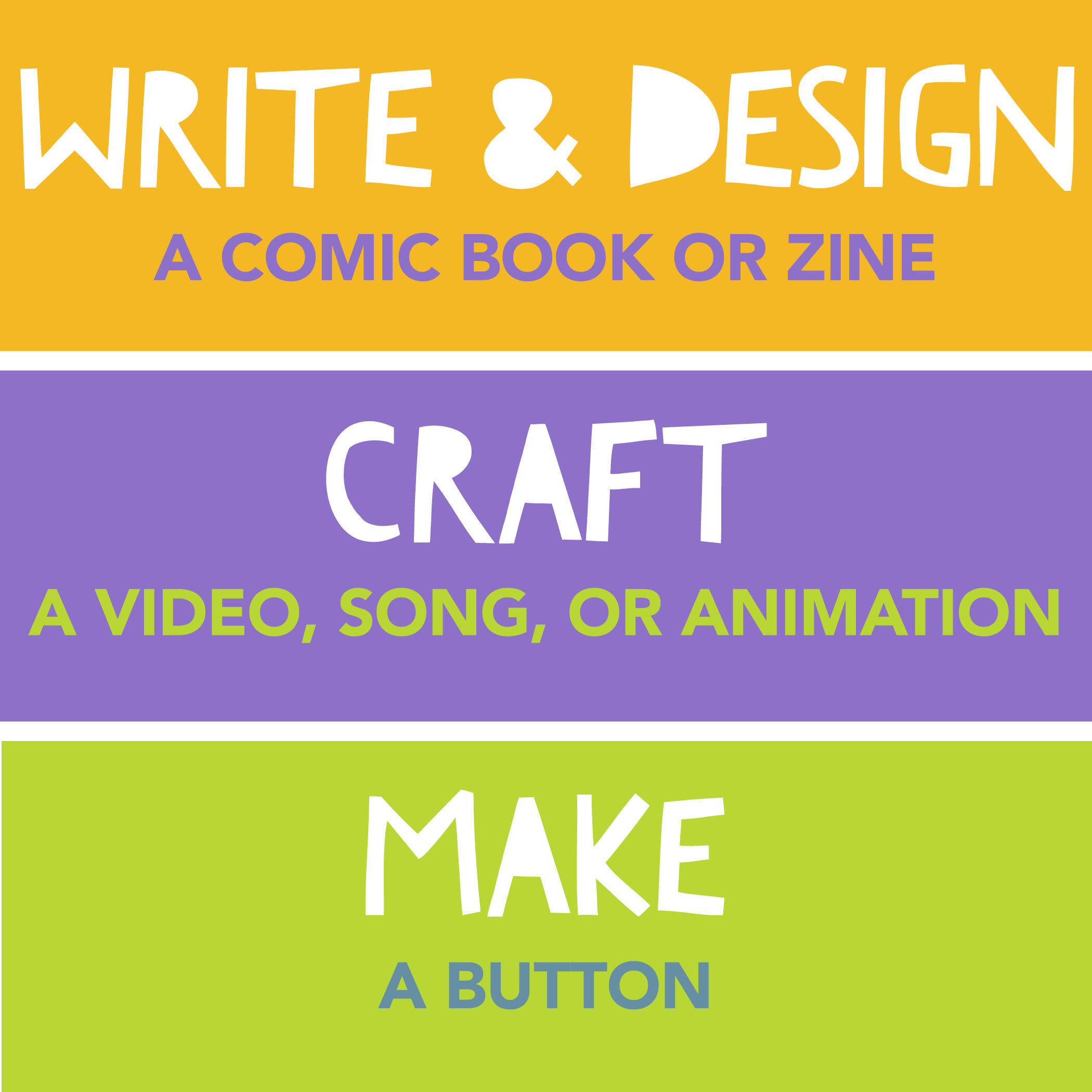

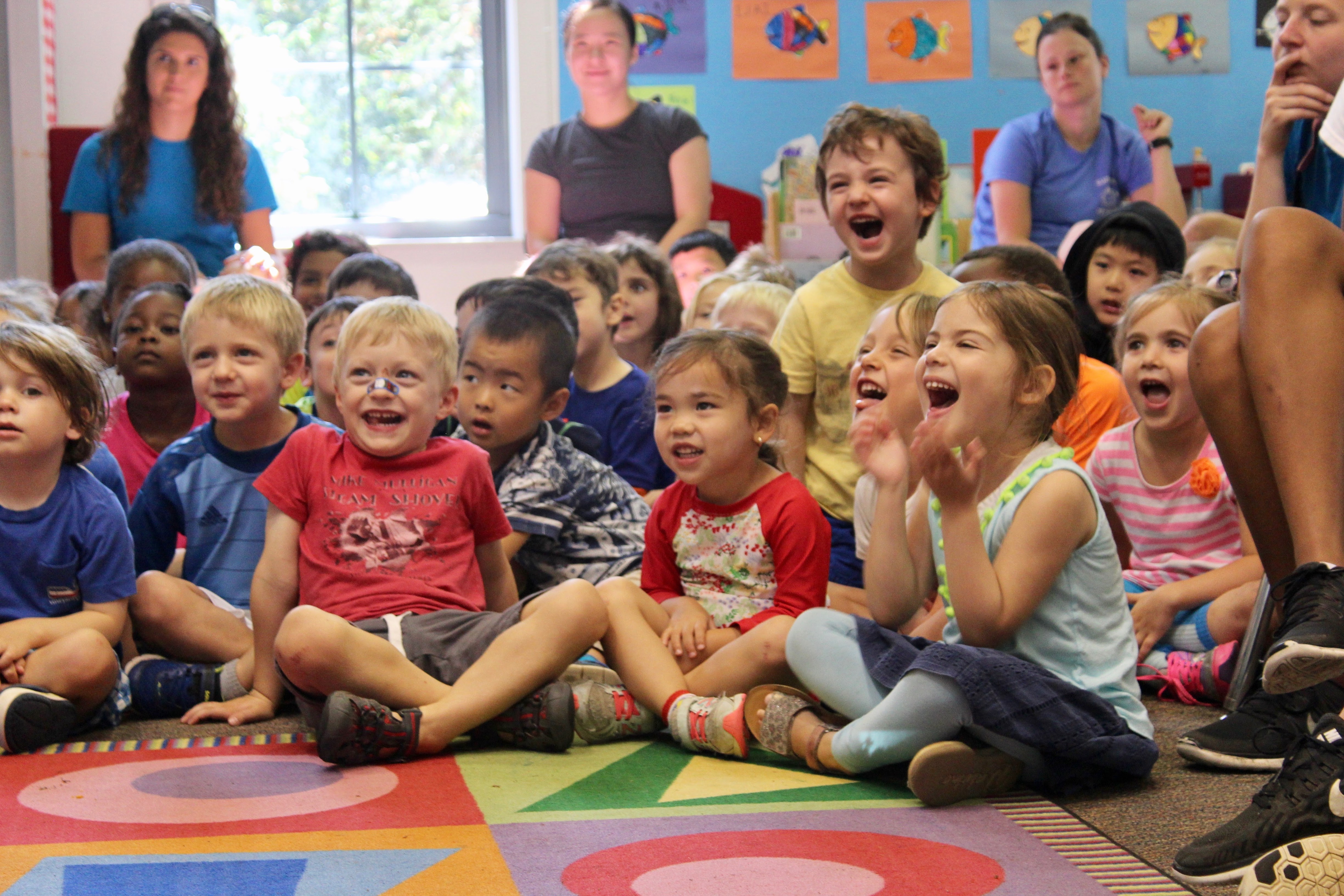
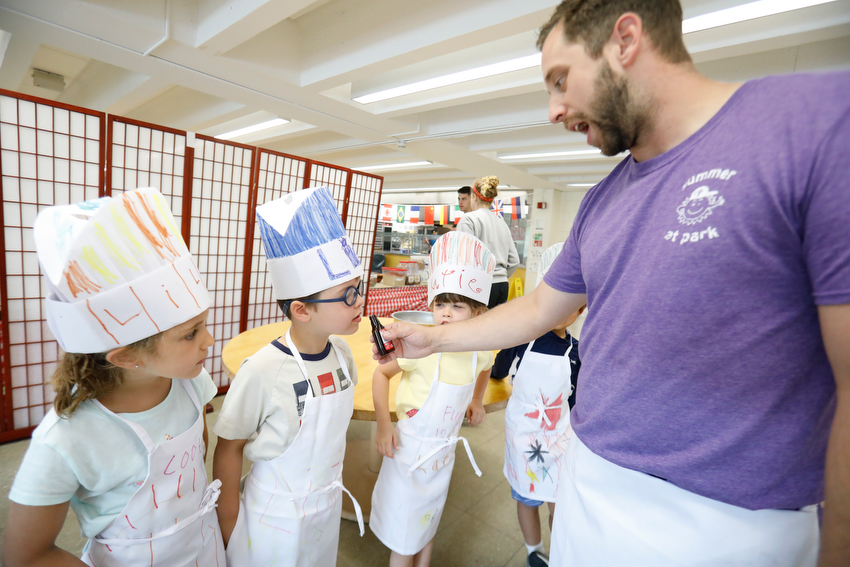
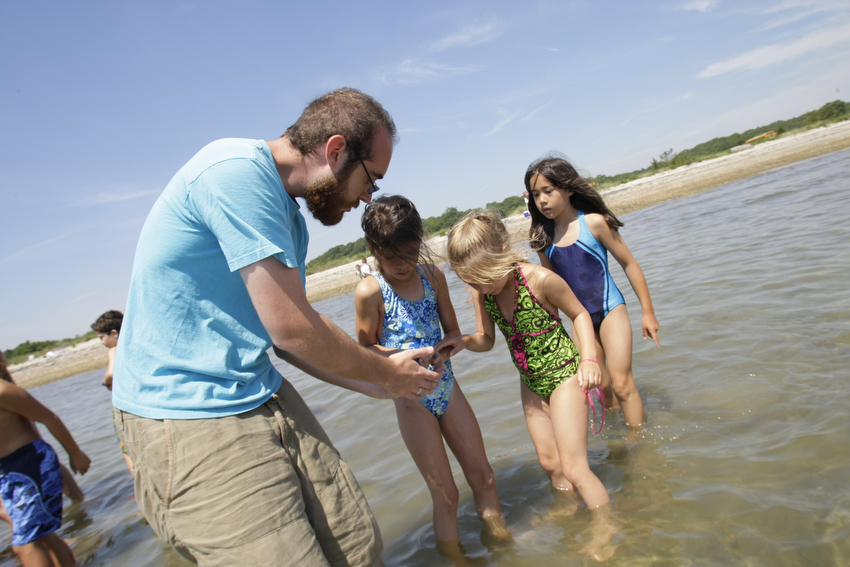
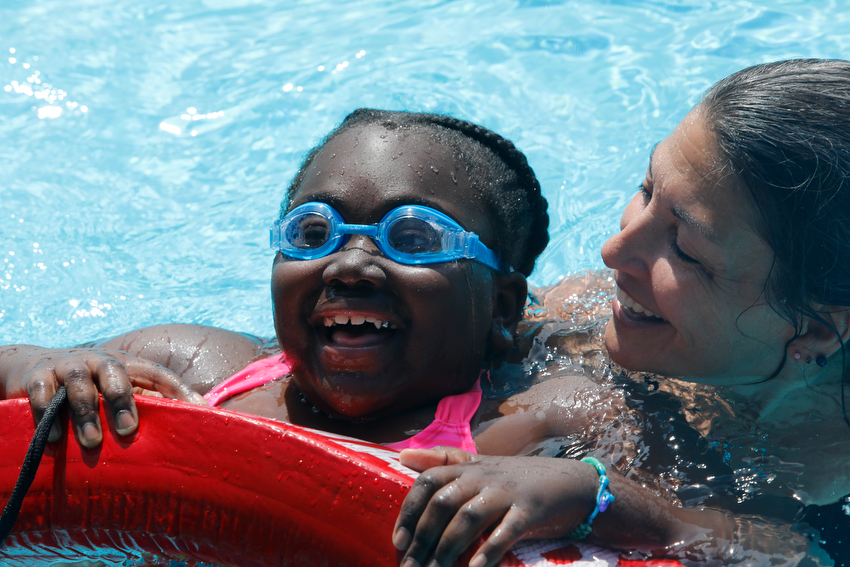
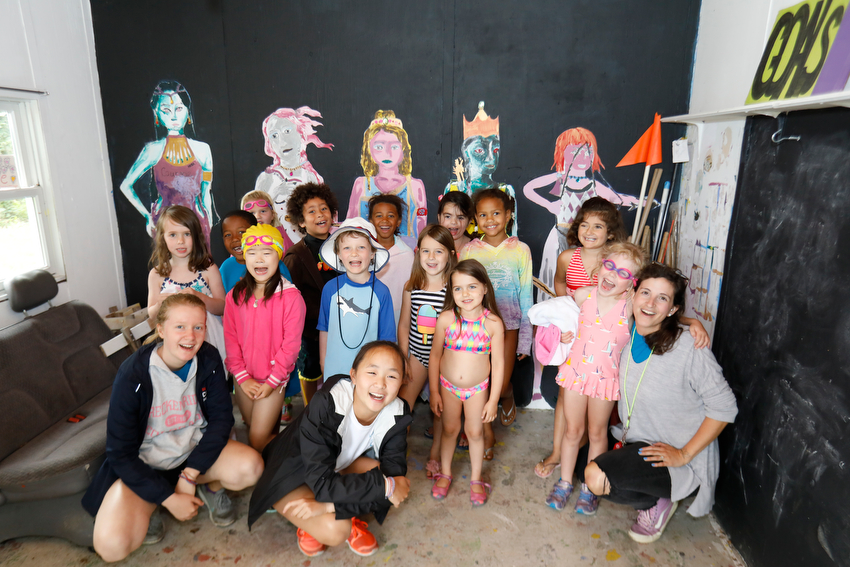
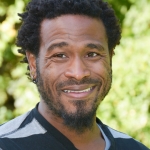
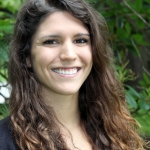 Grace Cinquegrana ’03
Grace Cinquegrana ’03 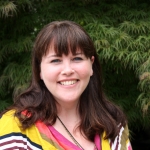
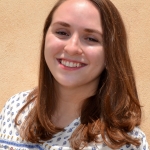
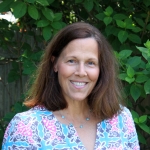 Kim Fogarty
Kim Fogarty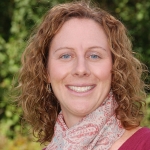 Kara Fonseca
Kara Fonseca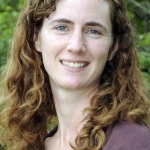 Kyra Fries
Kyra Fries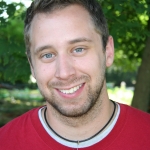 Scotty Fries
Scotty Fries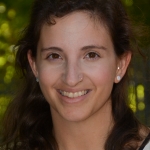 India Goodridge ’03
India Goodridge ’03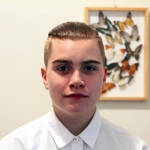
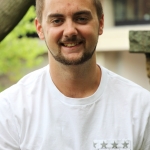 Will Lyons
Will Lyons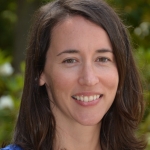
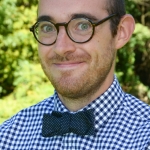 Paul Newmark
Paul Newmark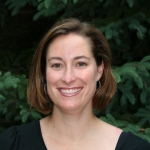 Heather Offen
Heather Offen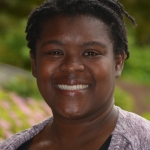 Elyse Seltzer
Elyse Seltzer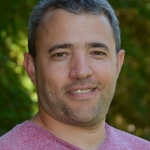 Paul Toussaint
Paul Toussaint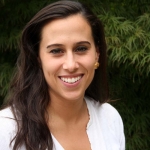 Leah Walters
Leah Walters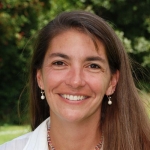 Dana Welshman-Studley ’85
Dana Welshman-Studley ’85
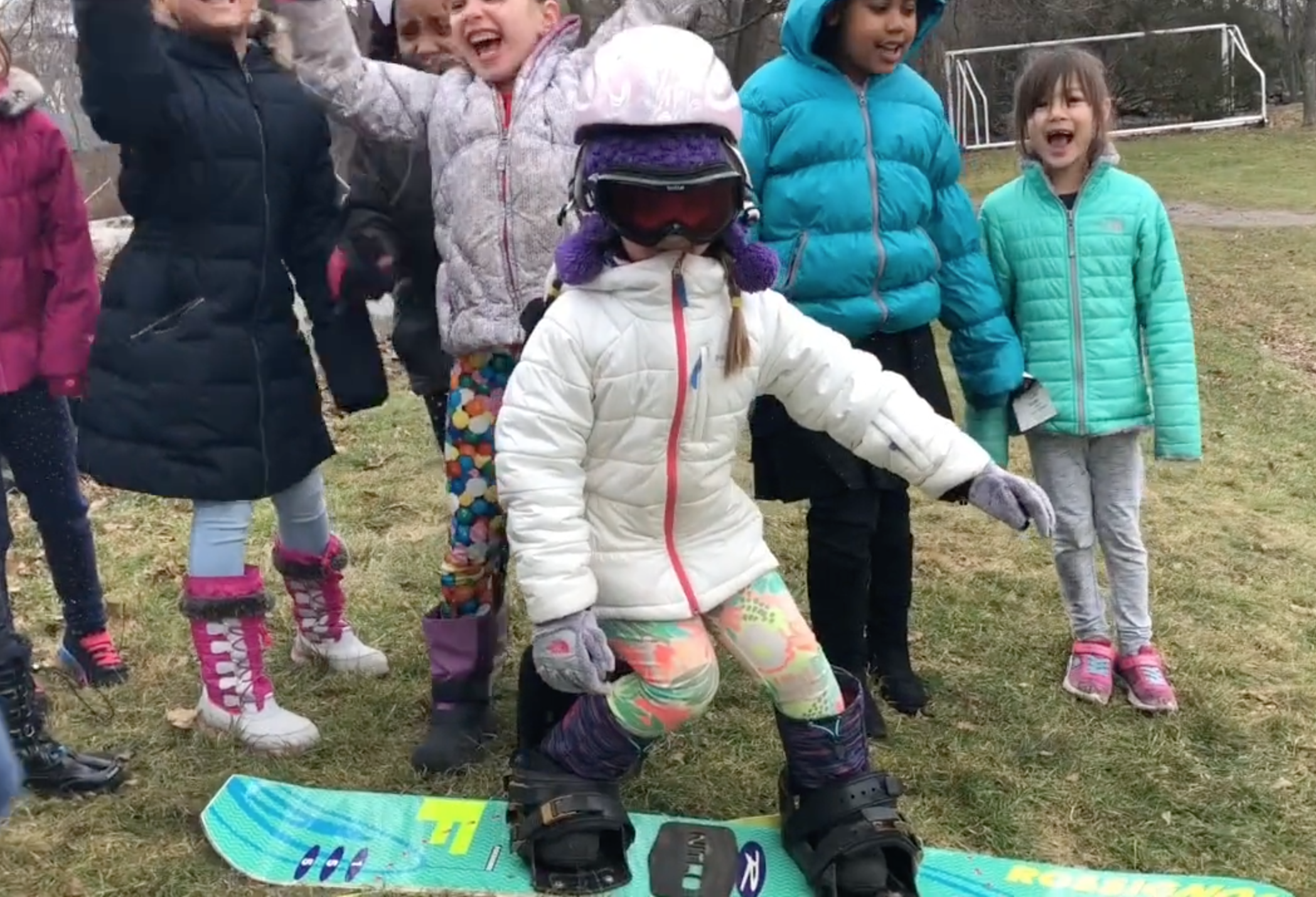
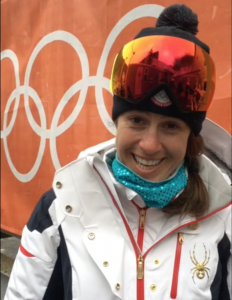

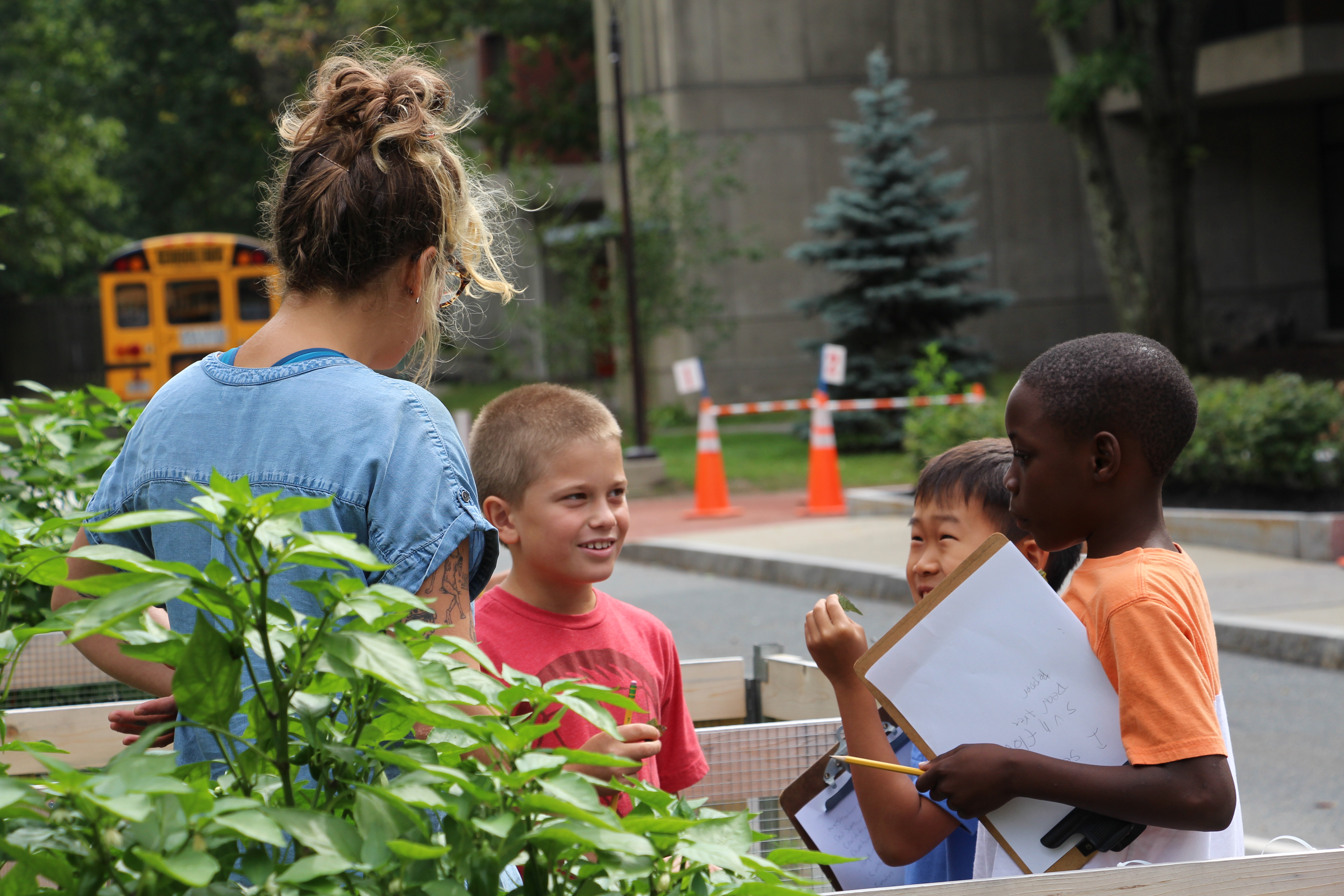
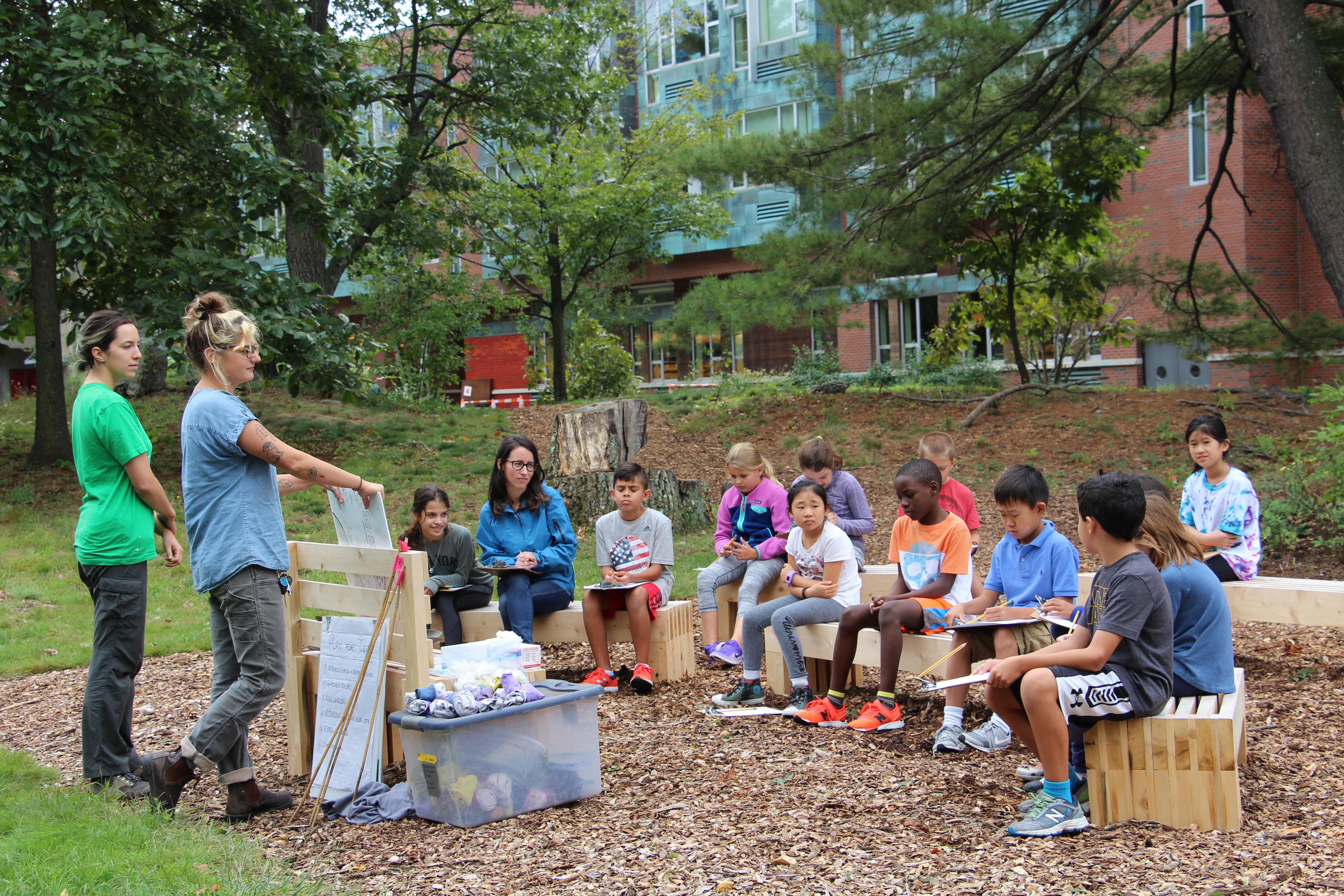
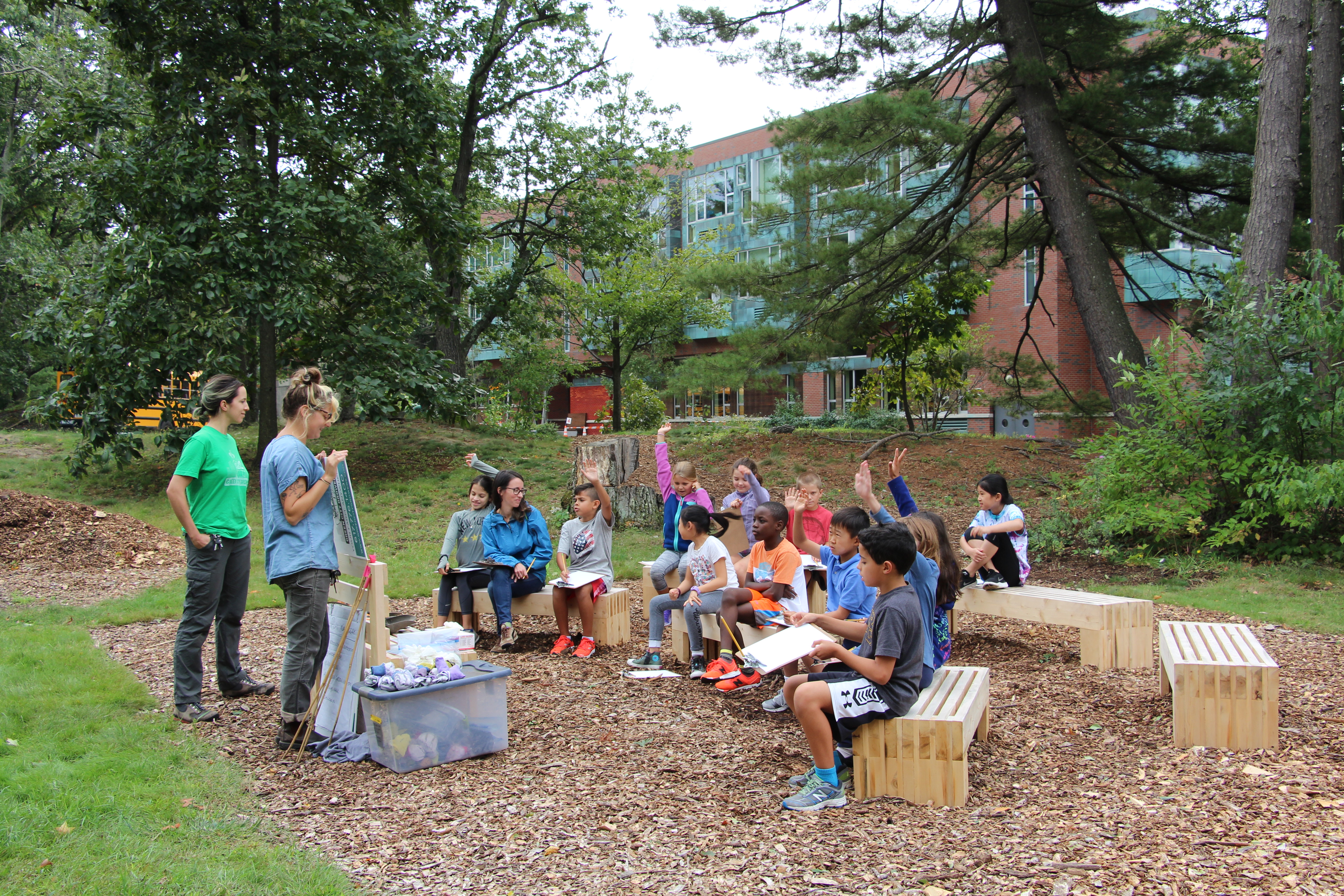
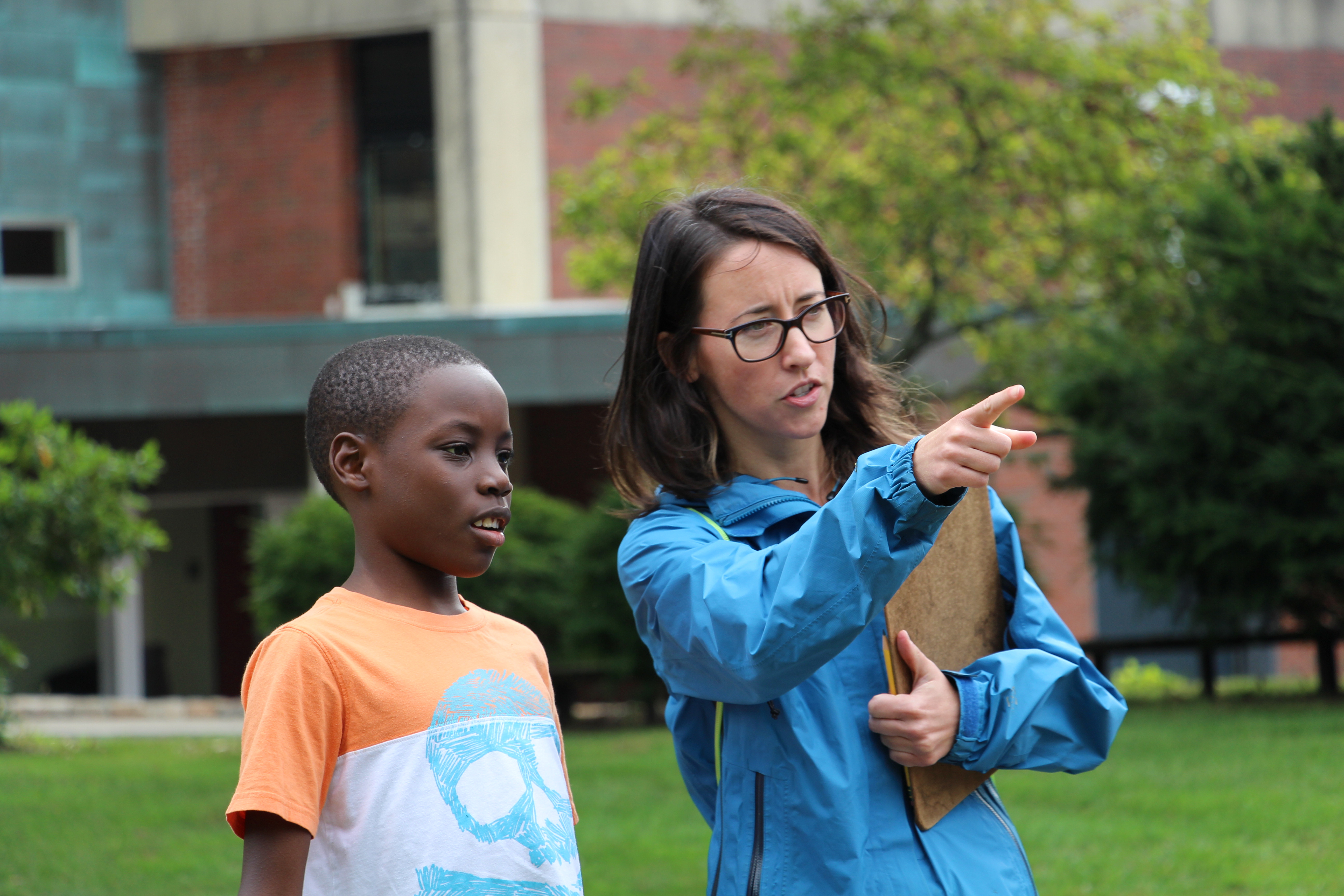
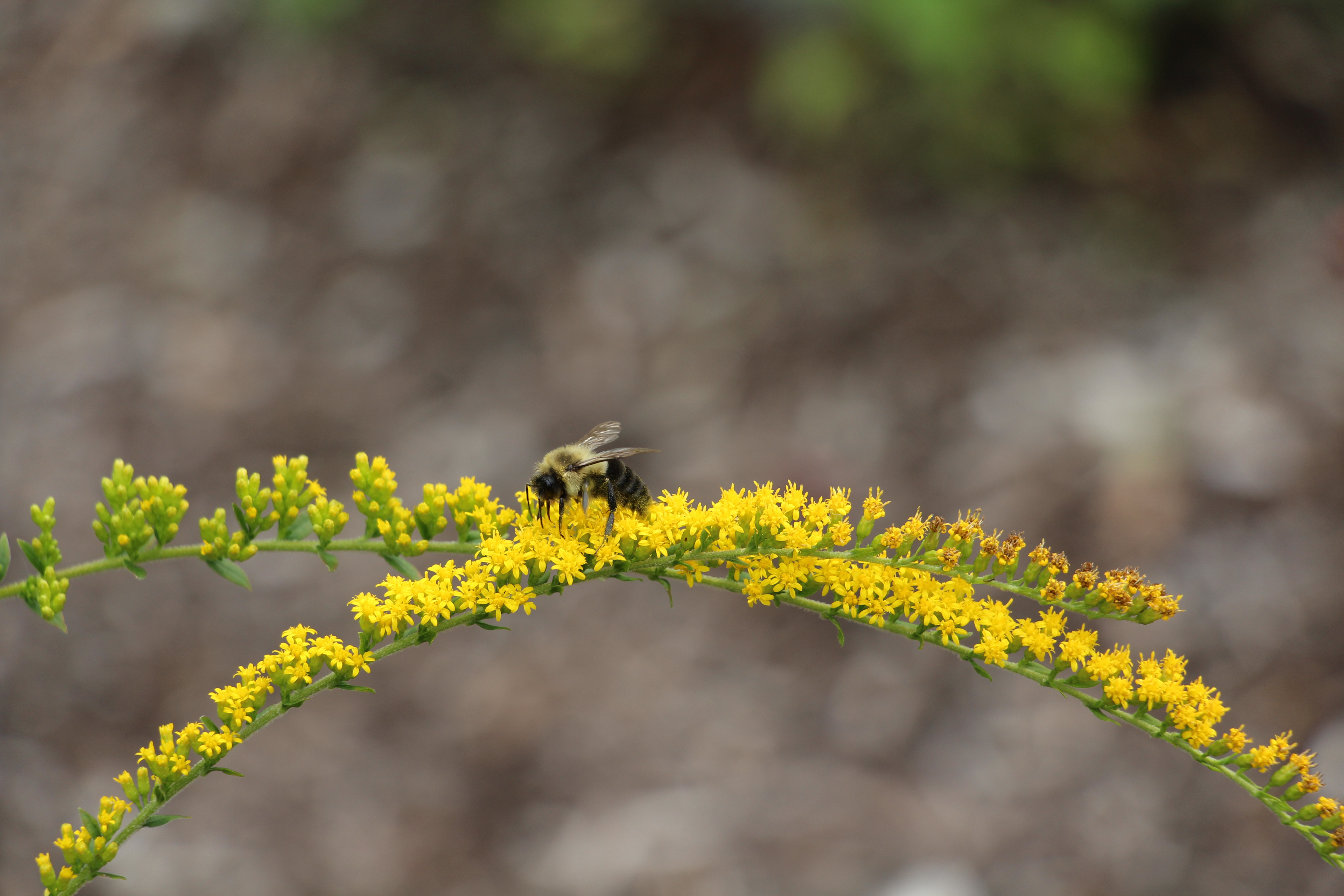
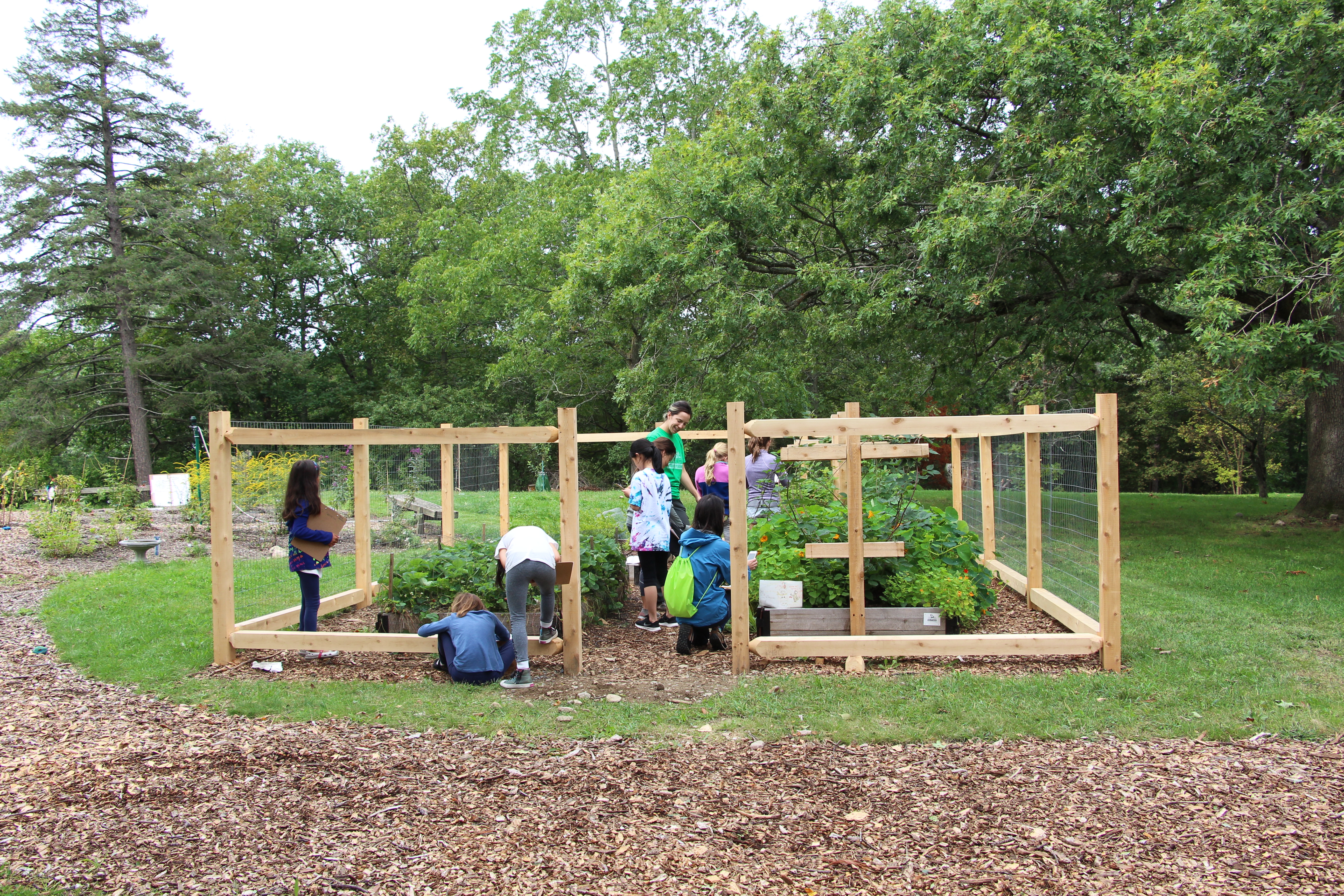
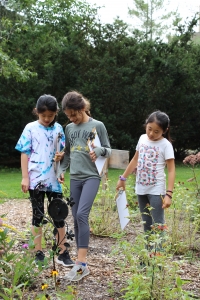 During the harvest season, students of all ages had opportunities to visit the garden and incorporate the wide array of learning that the garden provides. In its first year, the garden has already become an outdoor classroom and enhanced existing curriculum initiatives: Kindergarteners worked in the pollinator garden, third graders harvested native edibles, and fourth graders created mushroom logs. After a busy fall full of growing, harvesting, cooking, and learning, Park’s Outdoor Learning Garden will soon reawaken in time for spring and more classroom initiatives. Of course, Chef Anthony and the kitchen staff will continue to bring the garden into the Dining Room by incorporating ingredients whenever possible. (Chef Anthony used
During the harvest season, students of all ages had opportunities to visit the garden and incorporate the wide array of learning that the garden provides. In its first year, the garden has already become an outdoor classroom and enhanced existing curriculum initiatives: Kindergarteners worked in the pollinator garden, third graders harvested native edibles, and fourth graders created mushroom logs. After a busy fall full of growing, harvesting, cooking, and learning, Park’s Outdoor Learning Garden will soon reawaken in time for spring and more classroom initiatives. Of course, Chef Anthony and the kitchen staff will continue to bring the garden into the Dining Room by incorporating ingredients whenever possible. (Chef Anthony used 